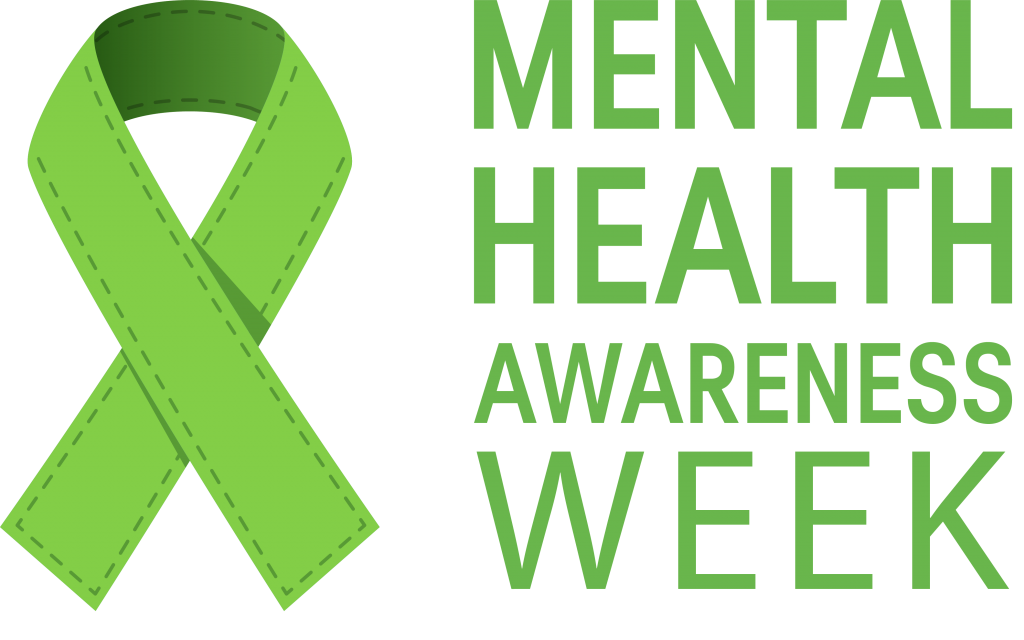‘Mental health is a state of well-being in which every individual realises his or her potential, can cope with the normal stresses of life, can work productively and fruitfully, and is able to make a contribution to his or her community’
World Health Organization
What is Mental Health?
Mental health is just as important as physical health. It’s not just that someone doesn’t have a mental health problem, it means having a positive state of mental well-being.
Mental Health includes:
- How we feel about ourselves and the people around us
- Our ability to make and keep friends and relationships
- Our ability to learn from others and to develop psychologically and emotionally
Being mentally healthy is also about having the strength and the ability to bounce back (resilience), to overcome difficulties and challenges throughout our lifetime, which includes:
- having confidence and self-esteem
- the ability to make decisions and to have self belief
- realising one’s own abilities
- being able to cope with everyday pressures, and
- feeling positive about oneself

What is Mental Ill-health?
Mental ill-health is when someone’s ability to think, interact with others and cope with the everyday demands of life, is impaired. It covers a wide range of conditions from everyday worries to severe depression and losing touch with reality. It affects anyone at anytime from any background and may even impact on those around them.
What is Resilience?
Resilience in mental health is how well individuals can cope and bounce back from challenging events, problems, traumas, tragedies, threats and any sources of stress in their lives. Individuals with resilience can adapt when faced with challenges and still be able to maintain a state of well-being, even when things don’t go according to plan. It’s a bit like sailing, the wind changes and those skilled or able to adapt quickly, are able to change tack to find themselves the best route to reach their destination and keep themselves safe. It’s all about rejigging the sails for the safest and quickest route and likewise in life. When facing those everyday challenges, having a support network around and learning positive coping strategies, will minimise the risk of enduring mental ill-health.
Question – Who is more resilient A 0r B?
- A is doing well and confident about his/her ‘A’ levels
- A has a happy home life and is looking forward to university
- A has a supportive family and network of friends and when s/he is worried or unhappy, they are encouraging and help to cheer him/her up
- A reminds them self that s/he can achieve his/her goal and when s/he needs support, s/he asks for it
- B is doing well at school and his/her teachers have predicted high ‘A’ level grades
- B is anxious and worried that s/he won’t achieve them
- B has regular panic attacks and has no self-belief
- B doesn’t know what s/he wants to do at university, though his/her parents are keen for him/her to follow in their footsteps and become a doctor
- B has become isolated from his/her friends and classmates, and is embarrassed to ask for help
Being resilient is all about adapting to the environment and situations that are thrown at us unexpectedly. Student A could become more anxious about his/her exams and student B could pluck up the courage to ask for help. Their mental healthstate is not fixed. As individual’s our mental health varies. It is often seen as a spectrum or a continuum, where mental health is at one end and mental ill-health is at the other.
Individual resilience is developed through behaviours, thoughts and actions that support well-being, as well as the individual having a strong support network. Individuals who are resilient are more likely to develop coping strategies to deal with difficulties and therefore more likely to recover quickly from negative situations and thoughts.
Research shows that early intervention can help prevent mental health issues and help to build resilience. However, this can’t happen unless an individual is able to recognise the risk factors and signs of distress in themselves.
Ways that families can help:
- Talking about feelings and how they affect you
- Encouraging young people to discuss problems relating to school, college, university and home
- Being aware and open about mental health problems
- Being positive about approaches to mental health
Ways that the education system can help:
- Teaching children and young people about mental health illness
- Making children and young people aware of the risk factors
- Developing awareness of what it means to be distressed, anxious, worried, upset, etc., and noticing the physical and mental signs
The best way to support a person suffering from mental ill-health is to give them space and let them know that they can ask for help when they are ready.
These organisations are some that can offer you help:
Young Minds – https://youngminds.org.uk
The Children’s Society – https://www.childrenssociety.org.uk
Mind – https://www.mind.org.uk
Mental Health Foundation – https://www.mentalhealth.org.uk
Harmless – http://www.harmless.org.uk
Bullying – https://www.bullying.co.uk
Emotional Support 24/7 – Samaritans – https://www.samaritans.org
Or – call free and anonymously 116 123
Or – email: Jo@samaritans.org
